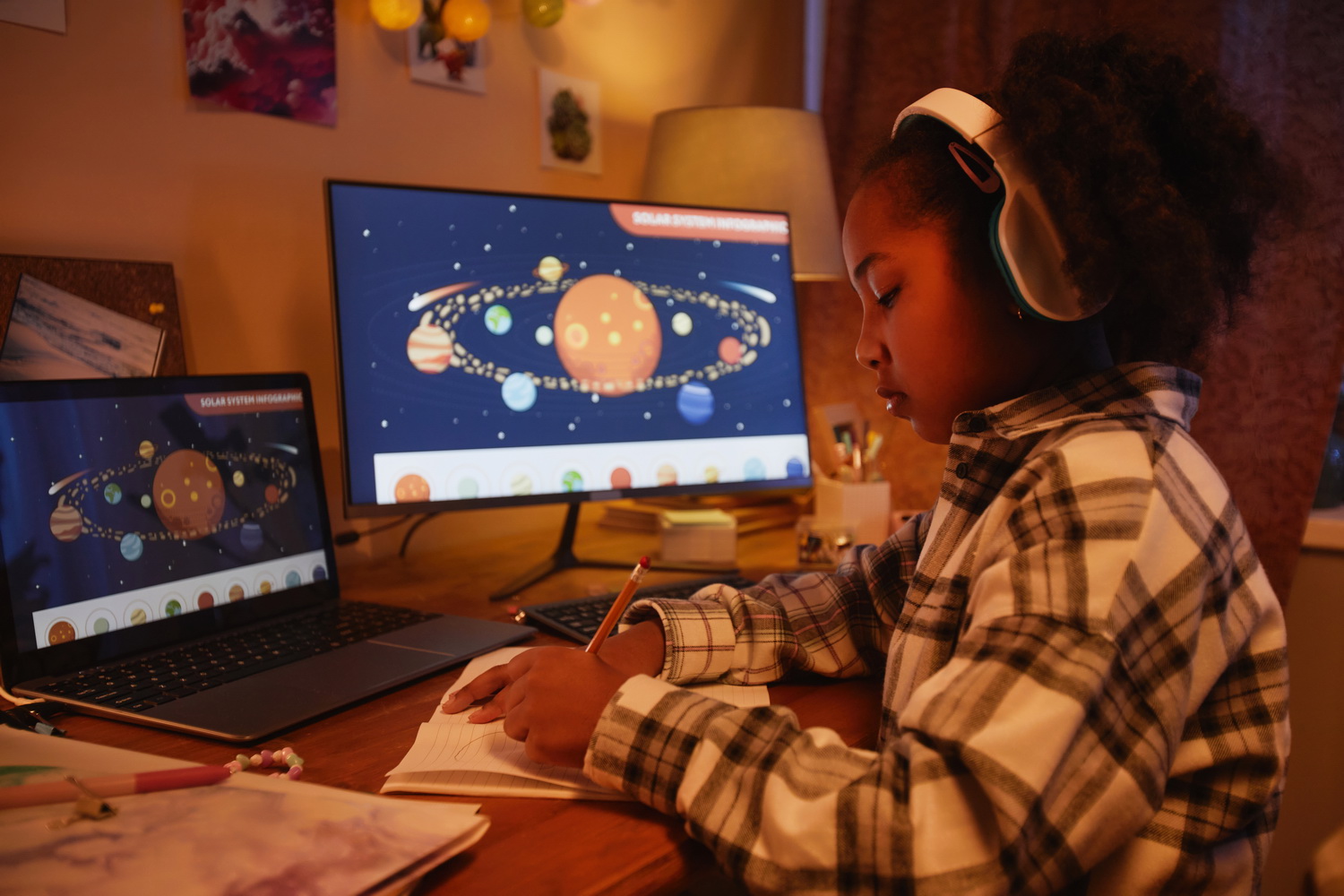The Role of Pretend Play in Early Childhood Learning
Nov. 28, 2016

Important researchers in child development have long touted and encouraged the important role of imaginative play in a child’s early development. As children grow from toddler-hood into preschoolers and beyond, they increasingly detach from parents to play pretend games with siblings, peers, or even on their own.
But how exactly does this make-believe help a child to learn important skills needed for life? How can pretend play be fostered at home? Keep reading to find out just how important imaginative play is for your child, and how to enrich your little one’s play to allow for the best make-believe game around!
IMAGINATIVE PLAY AS A SKILL BOOSTER
Have you ever watched your child deep in his or her fantasy, thinking about how silly the game they created seems? It turns out, their games aren’t as silly as they seem. Make-believe games help your child to learn important cognitive skills, especially when they play with family members, peers, or siblings. In their fantasy play, kids will:
- Create a scenario to base the game on;
- Share ideas with others, who modify the scheme;
- Create rules that others must understand to play;
- Regulate any emotions, positive or negative, that crop up during the duration of play.
Through all of this, your child will learn to create increasingly complex scenarios, rules, and games. This will help your child to build crucial cognitive skills, like sustained memory, attention, reasoning, and language skills. While playing with others, your child will also learn social skills and norms through working with others.
On top of all that, your child will learn important self-regulation skills that will help your child to learn to keep his or her behavior in check. By play-acting the roles of life through play, your child is preparing to deal with real-life situations, making their pretend play among the most important early childhood learning games.

HOW TO ENSURE MEANINGFUL PRETEND PLAY?
Obviously, imaginative play is vitally important to your little one’s early learning. You may be asking yourself how you can make sure that your child has what he or she needs to foster pretend play. Don’t worry, it’s easy to foster and support fantasy play in your child’s everyday routine! Here are some tips so you can be rest assured that your child has what is needed for meaningful imaginative play:
- Be present while your child is playing. You don’t need to play with your child all the time, but if you’re around while they’re playing, you can keep an eye on things to make sure nothing gets out of hand, and to ensure that your child is safe and isn’t doing something that isn’t allowed. Make sure to keep an eye and ear open to referee any issue that might arise.
- Provide as much space as possible. Especially as children grow older, don’t enclose your child in a small play yard or small space. So long as that you can be present, allow your little ones more space to play, so they can choose an area that fits their current game or scheme. Sometimes kids like to play in the kitchen, or other times, their game might take place in the hallway. Wherever they want to play, there’s sure to be a reason behind it!
- Make the right toys available. You don’t need elaborate play sets or even the latest and greatest! Kids love toy cars, action figures, and dolls; they also love household items! Get creative, there’s endless ways to use items around the house every day! For instance, tissues make excellent “blankets” for a favorite pony or doll.
- Give real-life experiences. Many times, these real-life experiences will translate into a scenario for their pretend play. For example, let your kids help in the kitchen, and you might notice that suddenly their dolls or action figures are cooking.
- Resolve conflicts. When kids play together, this makes for a perfect learning opportunity when it comes to social skills. Help your child to resolve disagreements and to appropriately respond to peers or siblings during play.
As you can see, your child’s pretending accounts for some of the most crucial early childhood learning games. Thankfully, it’s easy to enrich your child’s imaginative play in a way that helps them build a foundation for more advanced cognitive and social skills in the future. Take the time to watch your child’s next foray into make-believe, and you’ll notice the magic happening right inside your living room!











